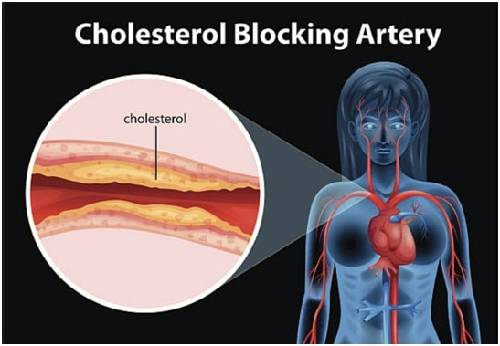- +94 112 883 318
- info@ncdalliancelanka.org
- Mon - Fri: 8.00am - 4.00pm Sat: 8.00am - 12.00pm
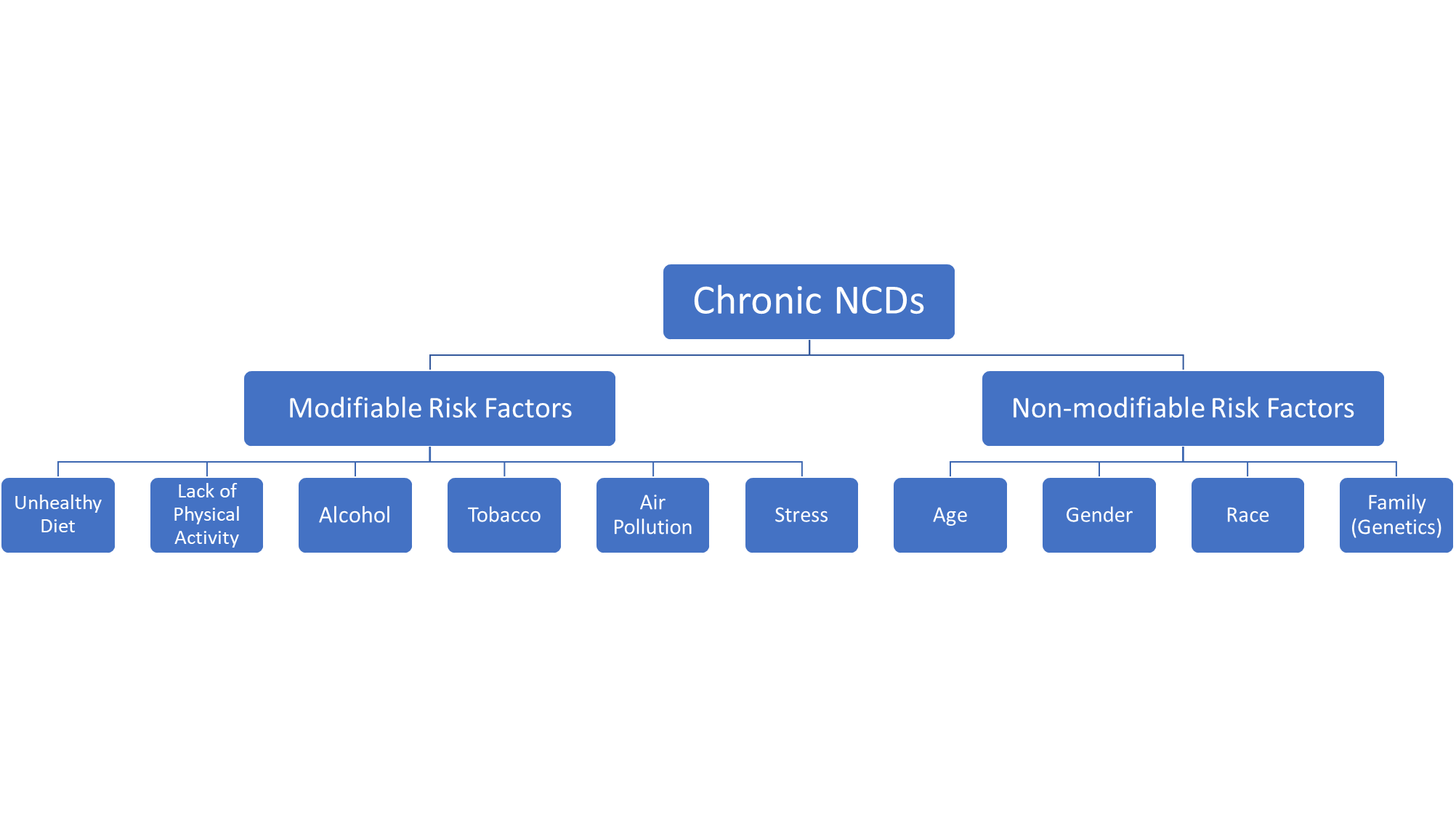
Intermediate Risk Factors of NCDs are
All these risk factors leads to NCDs


Eating a diet that contains highly-processed items such as fast foods and snack foods. Highly-processed foods tend to be low in nutrients (vitamins, minerals, and antioxidants) and high in empty calories due to the lack of fruit and vegetables, high salt, high sugar, and high fat.


Although, moderate alcohol is known to lower the incidence of heart disease, consumption of alcohol is not advisable due to various other health effects associated with alcohol (Dietary guidelines for Sri Lankans).
More than half of the 3 million annual deaths attributable to alcohol use are from NCDs, including cancer (WHO). According to STEPS Survey 2021 in Sri Lanka, about 43.3% of males, over 18 years consumed alcohol, and only 1.2% of females consumed alcohol.
All forms of tobacco are harmful, and there is no safe level of exposure to tobacco (WHO). Tobacco accounts for over 8 million deaths every year (including from the effects of exposure to second-hand smoke).
Tobacco is harmful not only for people who smoke but also for those who don’t smoke. Second-hand smoke can also cause serious health problems and even lead to death. Each year, approximately 1.2 million deaths are attributed to being exposed to second-hand smoke.
According to STEPS Survey 2021 in Sri Lanka, 30.2% of adult males is currently smokes tobacco and only 0.2% of adult women smoke tobacco.

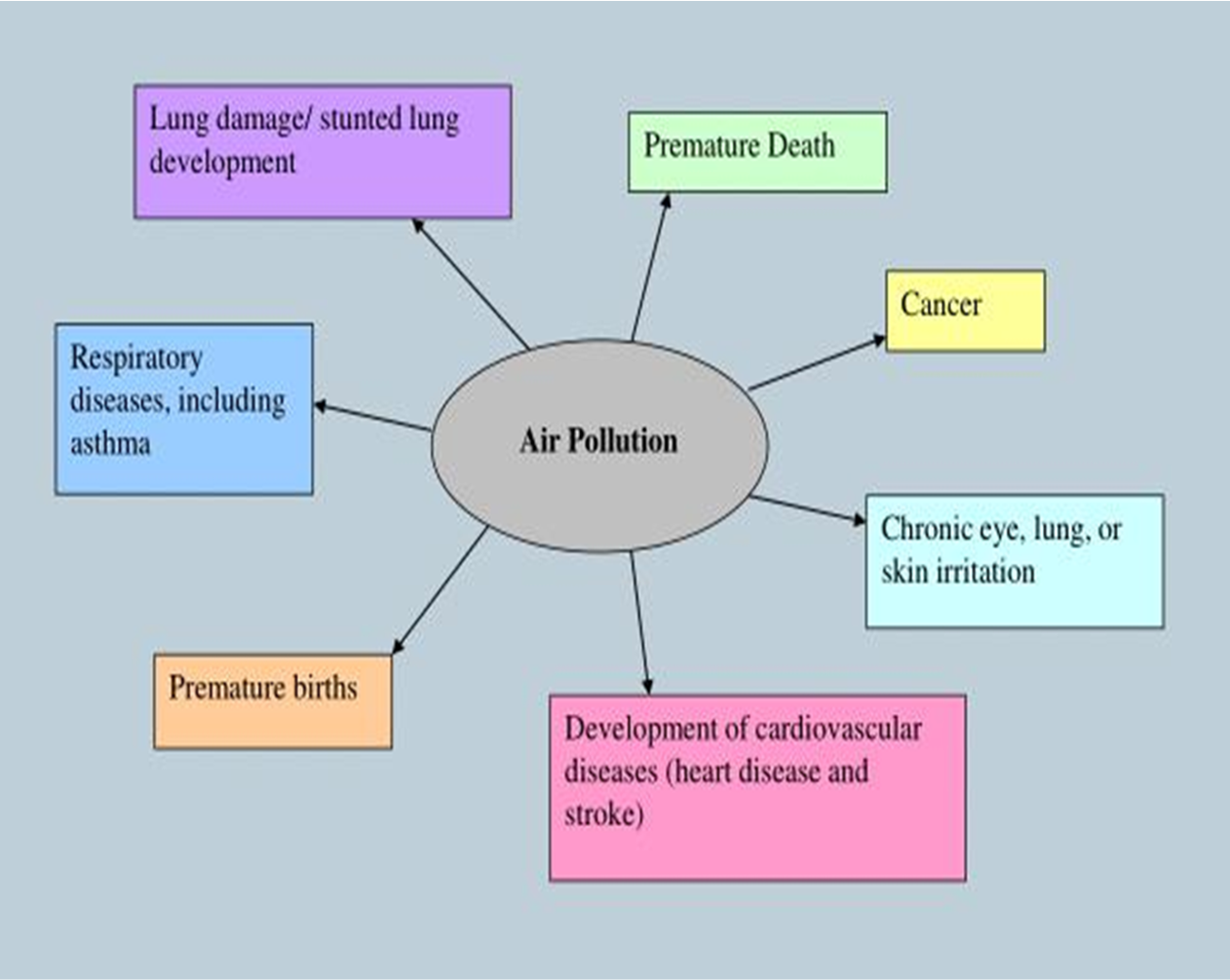
Stress results from an unhappy state of mind due to failure of expectations. Long-term stress can increase blood cholesterol, triglycerides, blood sugar, blood pressure and body weight which are intermediate risk factors of NCDs.

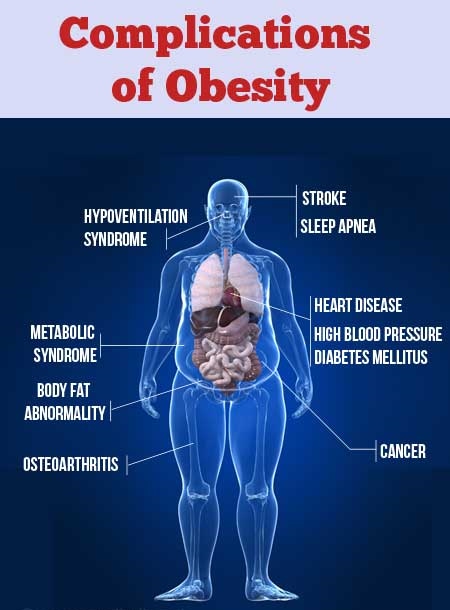
The excessive body weight is a serious health problem, and it is a risk factor for many NCDs. According to STEPS Survey 2021 in Sri Lanka, 11.0% of adults were obese (6.3% of males and 15.2% of females). For adults, the WHO defines overweight and obesity as follows:
• Overweight is a BMI greater than or equal to 25
• Obesity is a BMI greater than or equal to 30
High blood pressure levels can lead to heart disease, stroke, kidney failure, blindness, and cognitive impairment. According to STEPS Survey 2021 in Sri Lanka, 34.8% of adults have hypertension.
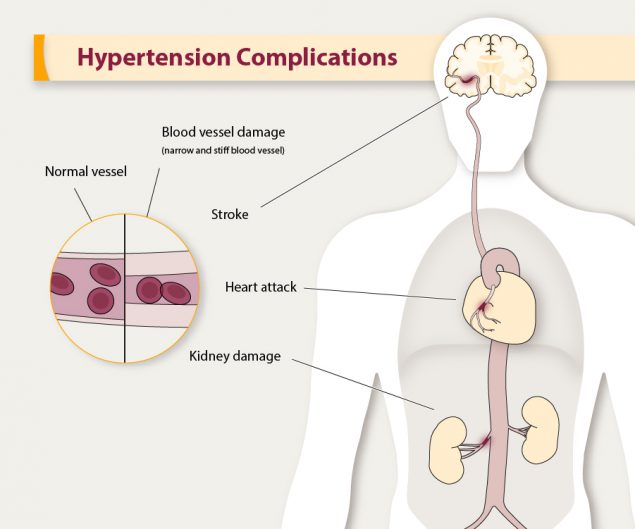
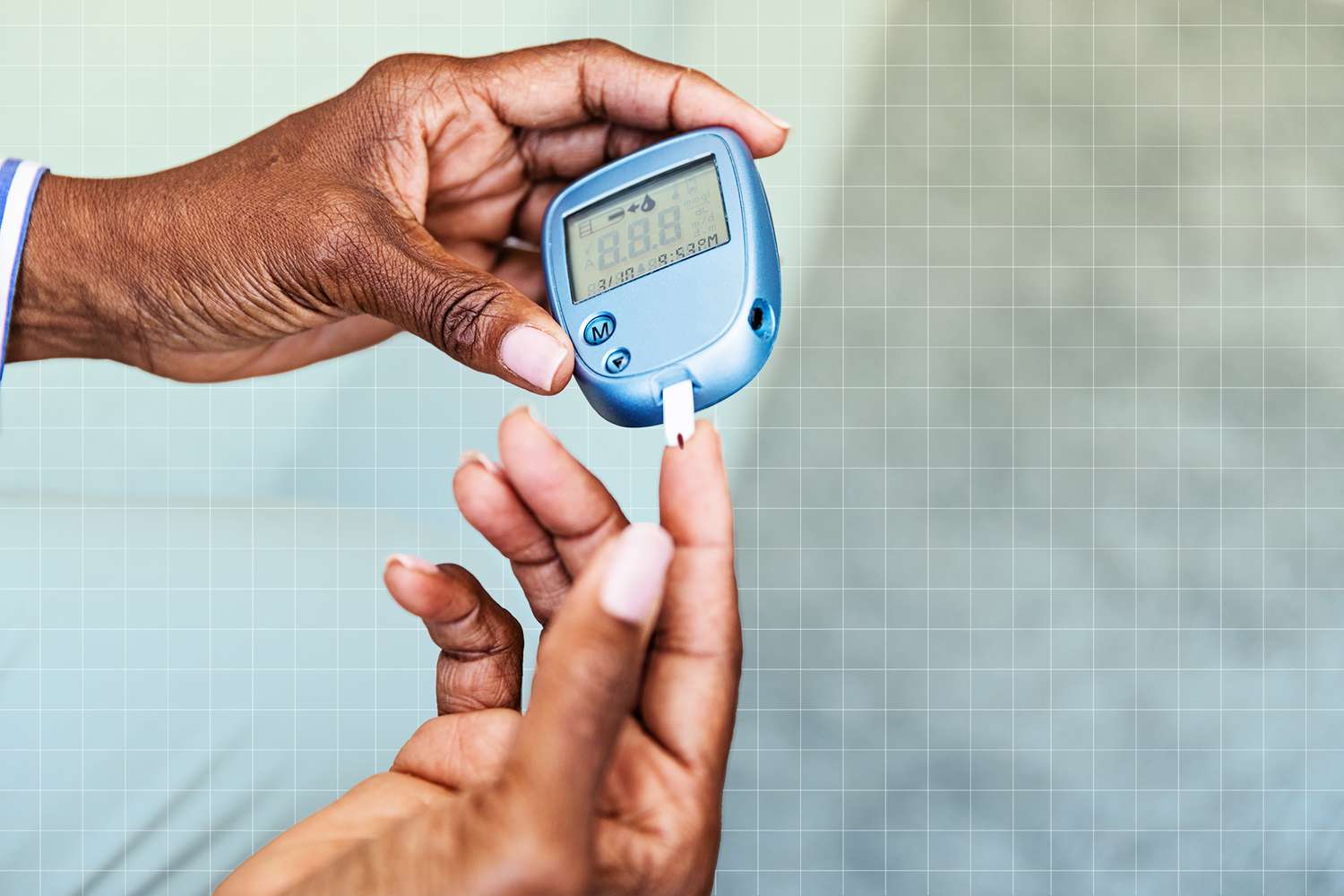
high blood sugar can cause serious problems if it stays high for a long time or gets to a very high level. The raised fasting blood glucose levels are defined as >=126 mg/dl. According to STEPS Survey 2021 in Sri Lanka, 14.6% of adults in Sri Lanka has raised fasting blood glucose levels.
Complications of high blood glucose levels are;
Blood cholesterol is one of the most important risk factors for ischaemic heart disease (IHD) and ischaemic stroke. According to Sri Lankan guidelines, cutoff value of raised total cholesterol is 240mg/dl. According to STEPS Survey 2021 in Sri Lanka, 19.0% of adults had higher cholesterol levels.
